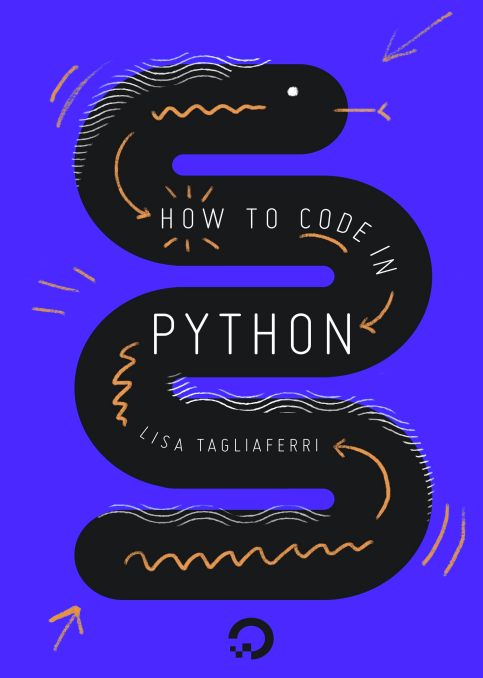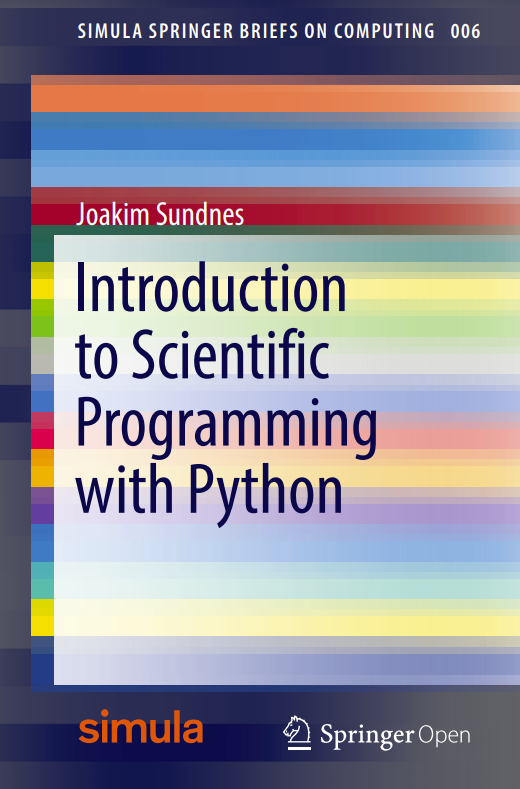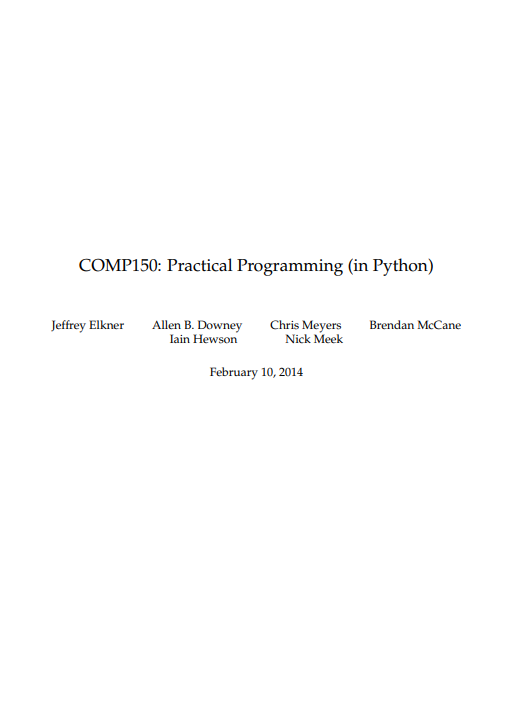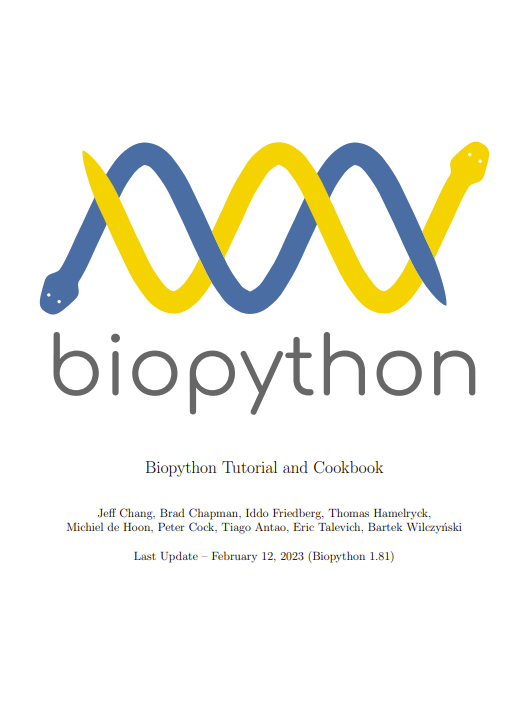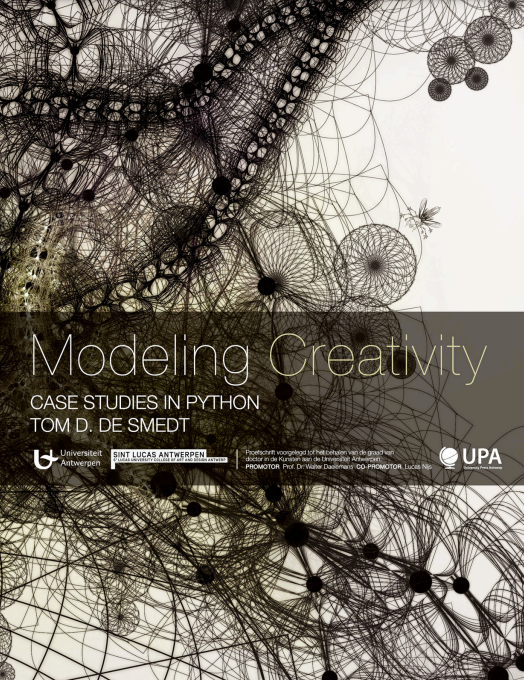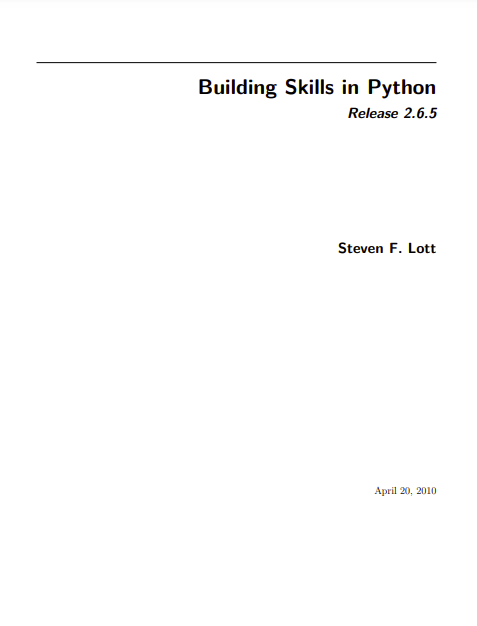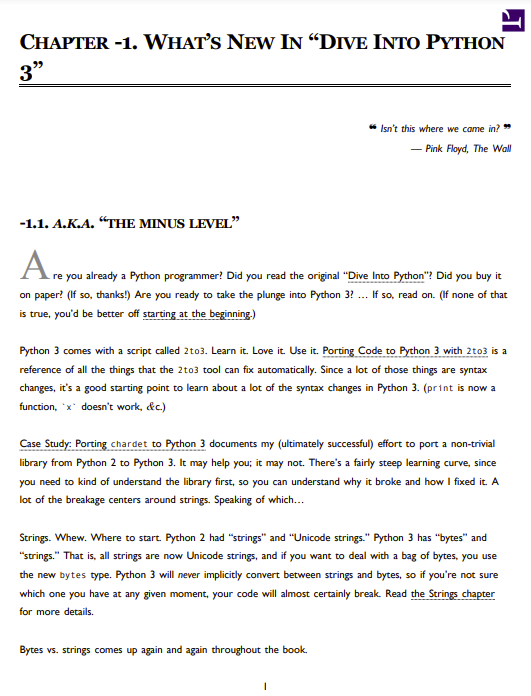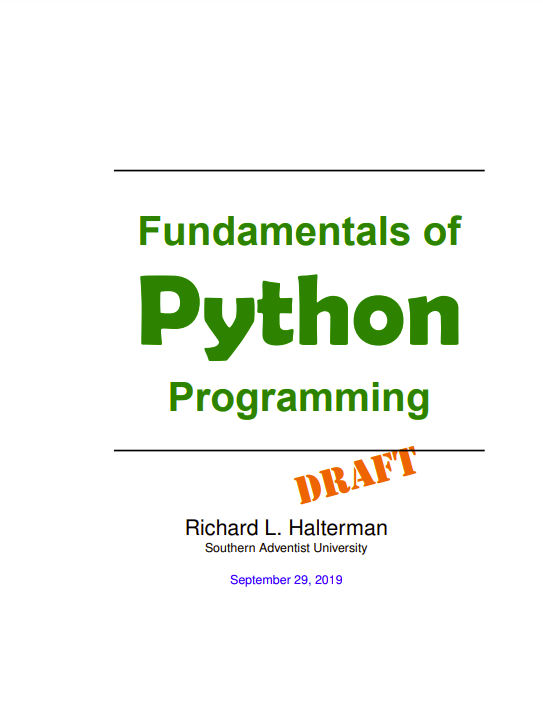Why Learn To Code
Software and technology are becoming increasingly integrated into our everyday lives, allowing us to accomplish tasks, navigate to destinations, make purchases, and stay connected with friends. Because of how pervasive software now is to the human experience, it is important for all of us to learn some of the key foundational elements of computer programming. While some may choose to study computer science as part of their formal education, everyone can benefit from an understanding of algorithmic thinking and computational processes. Learning how the software that we use on a daily basis is made can allow us as end users to evaluate how and why these applications are developed, enabling us to think critically about these tools and how to improve them.
Just like any other product, computer programs are designed and developed by people who have unconscious biases, make errors, and may not be considering all aspects of a problem they are trying to solve. Though development teams may do thorough testing and work to create sophisticated and useful programs, they do not always meet the needs and expectations of all users. While not everyone needs to learn to code complex programs, learning how coding works can help shape the future of technology and increase the number of stakeholders, decision-makers, and knowledge producers who can work to build better software for everyone.
Some of us may choose to solve challenging problems within the technology sector, but for those of us not working in computer science, a programming background can still be a great asset to our professional fields. Computer programming provides many applications across domains, and can help us solve problems in specialities such as medicine, economics, sociology, history, and literature, to name a few. By integrating technology’s methodologies into our own fields, we can leverage computational logic and software design and development practices in our work. When we synthesize knowledge across spheres and collaborate with people from different backgrounds, we can innovate in new, more inclusive ways that can enact meaningful impact across many communities.
